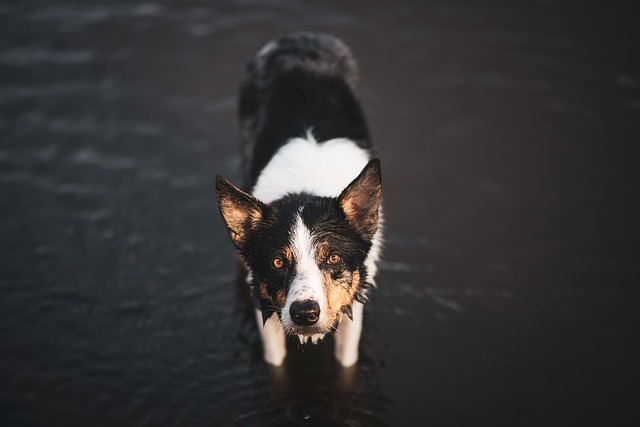
How do i train my dog to be obedient?
Watching your dog dart across the park ignoring your calls isn’t just frustrating—it can put them at risk near busy streets or public spaces.
Bringing home a German Shepherd and hoping to train them as a reliable guard dog is exciting, but it starts with understanding their unique needs—this breed is smart, loyal, and thrives on structure, not just commands. First, you’ll want to lay the groundwork with basic obedience, since a well-behaved guard dog must first listen consistently. Start with simple cues like “sit,” “stay,” and “come” using positive reinforcement: a tiny piece of chicken or enthusiastic praise works wonders. For example, when your pup pauses at the door (a natural guard instinct), say “watch” and reward them—this teaches them to associate alertness with good behavior, not aggression.
Before diving deeper into guard-specific training, make sure you’re compliant with local rules. Most U.S. cities require up-to-date vaccines (rabies is non-negotiable, and proof is often needed for licensing), and you’re legally obligated to clean up after your dog in public spaces—carry poop bags everywhere, even on quiet neighborhood walks. If you live in an apartment, check your lease for breed restrictions (some buildings have rules about larger dogs) and stick to designated potty areas to keep the community happy.
 When it comes to guard training, focus on “alert” behavior, not attacking. German Shepherds naturally want to protect their family, so channel that by teaching them to bark when someone approaches the door, then stop when you say “quiet.” Never use punishment—yelling or hitting can make them fearful or aggressive, which goes against both animal welfare norms and safe guard dog behavior. Instead, practice with a friend: have them ring the doorbell, and when your dog barks, reward them once, then give the “quiet” command. Repeat until they learn to stop on cue—this way, they’re protective but under control.
When it comes to guard training, focus on “alert” behavior, not attacking. German Shepherds naturally want to protect their family, so channel that by teaching them to bark when someone approaches the door, then stop when you say “quiet.” Never use punishment—yelling or hitting can make them fearful or aggressive, which goes against both animal welfare norms and safe guard dog behavior. Instead, practice with a friend: have them ring the doorbell, and when your dog barks, reward them once, then give the “quiet” command. Repeat until they learn to stop on cue—this way, they’re protective but under control.
Socialization is just as important as training. A good guard dog should tell the difference between a stranger and a threat, so expose them to different people (friends, delivery workers) and places (parks, pet stores) from a young age. This helps them stay calm around non-threatening people and only react when something feels off. For instance, if your neighbor stops by for coffee, let your pup sniff their hand and reward them for staying calm—this teaches them that familiar faces are safe.
Training a German Shepherd guard dog takes patience, but it’s rewarding when you have a loyal companion who keeps your home safe. Remember to prioritize their well-being: give them plenty of exercise (they need daily walks and playtime to stay happy), follow local laws, and always use positive methods. With time, your pup will learn to balance protectiveness with obedience, making them not just a great guard dog, but a beloved part of your family.

Watching your dog dart across the park ignoring your calls isn’t just frustrating—it can put them at risk near busy streets or public spaces.

New puppy owners often find themselves rushing to clean up accidents before they set in, and that’s where puppy pad training becomes a game-changer.

If you've noticed your dog's waistline disappearing and your veterinarian has mentioned those few extra pounds, your first instinct might be to simply reduce the amount of food in their bowl.

Training a dog to use a designated spot indoors isn’t as daunting as many new owners fear, but it does take consistency and an understanding of your pet’s needs.

That moment of dread on a walk is all too familiar for many new dog owners. You see another dog approaching down the sidewalk of your neighborhood

If the sight of another dog on your neighborhood walk makes your heart sink as your own dog erupts into a frenzy of barking and lunging, you're not alone.